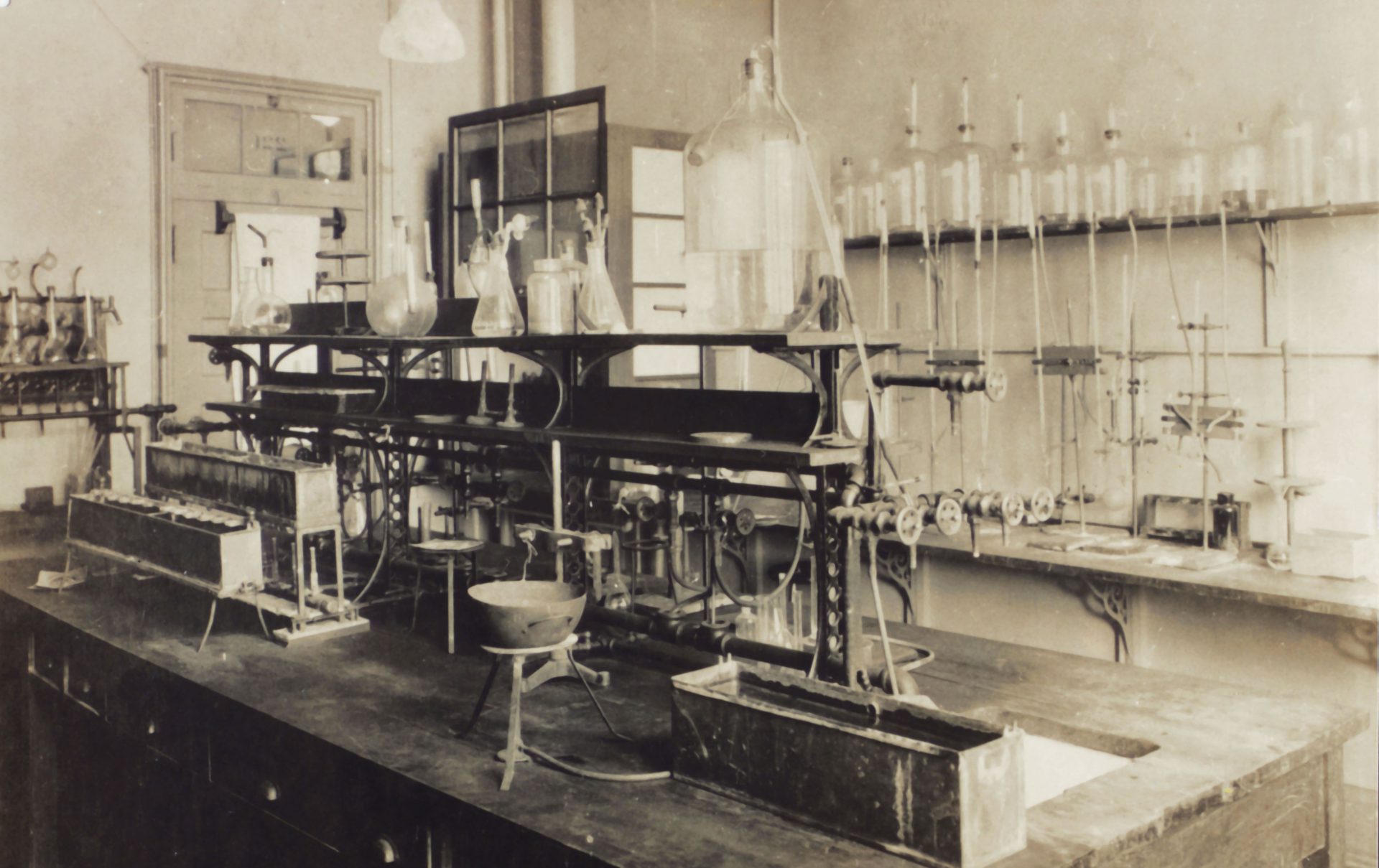Keren Kopilov, Firstime Partner & Head of Digital Health, writes about her personal experience with Diabetes:
A decade has passed since Monday, November 21, 2011. Every minute of that day is engraved in my memory as if it occurred only yesterday.
I remember myself in an Intensive Care Ambulance, my daughter, then only two years old, connected to a myriad of IV lines and being transported to the hospital with a suspected diagnosis of Type 1 Diabetes.
During the two weeks leading up to that day, I noticed a radically increasing thirst and agitation. Those around us attributed the agitation to the challenges of the “terrible two” and were not particularly concerned regarding her unquenchable thirst: “let her drink water, the more, the better, it is healthy.” The doctors that made a nighttime house call and the other physician, a pediatrician in the pediatric emergency room, did not express much concern regarding the symptoms and attributed the heavy breathing to pneumonia and dyspnea.
My maternal instincts refused to allow me to give up. To me, everything seemed different. Abnormal. I returned to our family physician and demanded that she check blood sugar levels. These instincts saved my daughter.
This journey began during two long nights in the pediatric ICU, continued learning a previously unknown language, and was characterized by complex challenges that vary with age and life phases.
Annually during the month designated as Diabetes Awareness Month, giant headlines in the press all display concerning data: The numbers continue to climb and are expected to grow to approximately 650 million patients in 2030. One in five people over the age of 65 already have diabetes. Some 27 years ago, diabetes was declared a pandemic, and since then, the number of patients has only continued climbing.
Some 6.7 million people died over the last year from diabetes, more than those who died from the Coronavirus.
Diabetes occurs when the pancreas is no longer capable of producing more insulin or when the body cannot optimally utilize its insulin.
Insulin, a hormone manufactured by the pancreas, is the “key” that enables the sugar created from the dissolution of the carbohydrates that we eat to pass from the bloodstream into our cells to create energy.
The inability to produce insulin or to use it efficiently leads to an increased blood sugar level that in the long-term causes harm and various organ and tissue failures. Diabetes is a 24/7 job.
The patients do not get a moment’s rest from this illness and are obligated to maintain a strict, healthy diet and engage in sports.
People with diabetes must constantly monitor their blood sugar levels. Those who inject insulin must count carbohydrates and calculate the quantities of insulin that they need to inject throughout the day when an overdose of insulin is liable to cause a possibly lethal condition of low blood sugar known as hypoglycemia, and the insufficient injection of insulation – can lead to high blood sugar levels, otherwise known as hyperglycemia, and severe, long-term health implications.
The “job” is exhausting and tiring and poses a heavy burden on diabetics’ shoulders.
Over the years, technologies have been developed to improve the lives of those living with diabetes, such as continuous blood glucose meters and insulin pumps, used primarily by Type 1 Diabetes patients. The “artificial pancreas” technology, for example, enables a closed cycle of sugar monitoring and insulin injections according to the sugar levels that improve the balance at a substantial level and, more than that saves lives.
An important and extraordinary biotechnological breakthrough has been achieved recently by the Vertex Co. that two earlier acquired Semma, a company established by Professor Doug Melton, a father to two children with Type 1 Diabetes. A single patient received an IV of insulin-producing stem cells as part of the clinical trial. After 90 days, a substantial balance in blood sugar levels was indicated while reducing insulin consumption by more than 90%(!). This significant achievement brings good news to the millions of people with diabetes with Type 1 Diabetes. By the year’s end, the ViaCyte Co. will also initiate an additional clinical trial in defending stem cells converted to insulin-secreting beta cells through a shield that protects against the immune system, which in contrast to the Vertex experiment does not require immune system suppression. These two companies received support from the international JDRF that seeks a cure for Type 1 Diabetes.
Until such a cure is found, there is tremendous significance to reducing the disease’s management burden and improving diabetics’ quality of life. A unique solution facilitating the treatment burden is the DNAV application developed by Hygieia, which operates in the United States and is soon adopted in Israeli HMOs. Through algorithms that received approval of the American Federal Food and Drug Authority, the FDA, Hygieia decides instead of the diabetic and his/her physician, according to its blood sugar levels, the number of insulin units the patient must inject at any given moment and bring to a rapid and consistent balance in blood sugar levels.
Firstime Ventures recently completed a significant investment round in Hygieia, based on a profound acquaintance of the daily diabetes management burden and the desire to reduce that burden from the patients’ shoulders without compromising on balanced blood sugar levels.
The unique solution is the direct treatment in the diabetic, in contrast to other existing, excellent platforms on the market that deal in the behavioral management of chronic illnesses or offer advice regarding nutrition and a healthy lifestyle. An example of an Israeli digital company for accompanying diabetes and nutrition-based illnesses is Refeed that was established due to an entrepreneur’s personal need for precise nutritional recommendations while coping with gestational diabetes. The company that conducts pilots and clinical research with health organizations in Israel offers mentoring to people with diabetes through their personally adapted and precise nutritional plans and receives professional feedback throughout the journey. Presently, there is no solution for precise nutritional monitoring that does not involve handwritten records of meals.
An interesting Israeli company – MakeSense – is developing an artificial intelligence-based solution to precisely measure the carbohydrates and calories of each meal through a continuous glucose gauge and without the need for handwritten records.
This year Diabetes Awareness Month commemorates the century that has passed in the discovery of insulin, during which the illness was considered a death sentence for patients. Since then, the long way mankind has come clarifies the importance and significance of medical and technological innovations in the field.
The Juvenile Diabetes Research Foundation’s goals are based on the organization’s support for research to find a cure and improve the quality of life for Type 1 diabetics. While the number of technologies that gather information, monitor, and offer advice and treatment programs for proper nutrition and a healthy lifestyle continues to develop, there is still no technology that fully cancels self-treatment tasks necessary for treating diabetes.
Keren Kopilov is a partner and head of digital health at Firstime Ventures and is the Chairwoman of the Juvenile Diabetes Research Foundation (Type 1) – JDRF in Israel.




